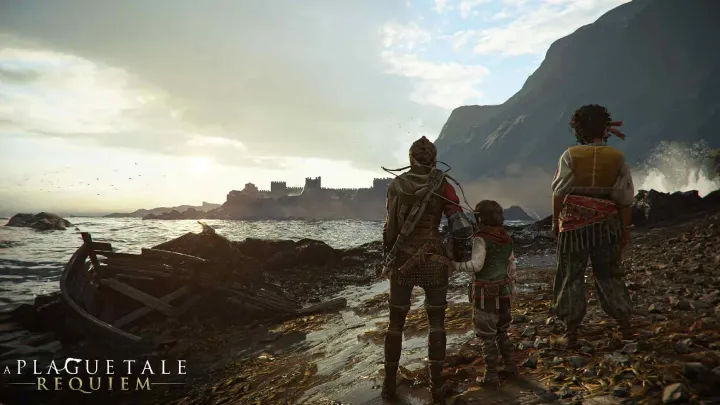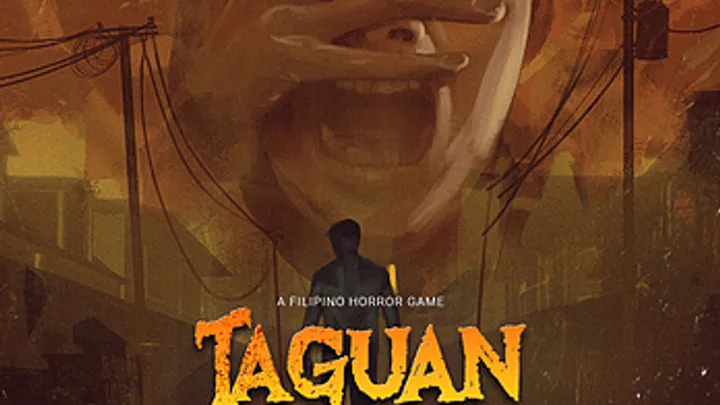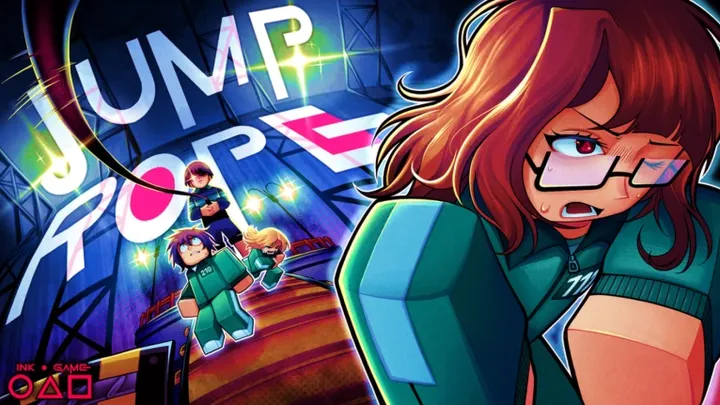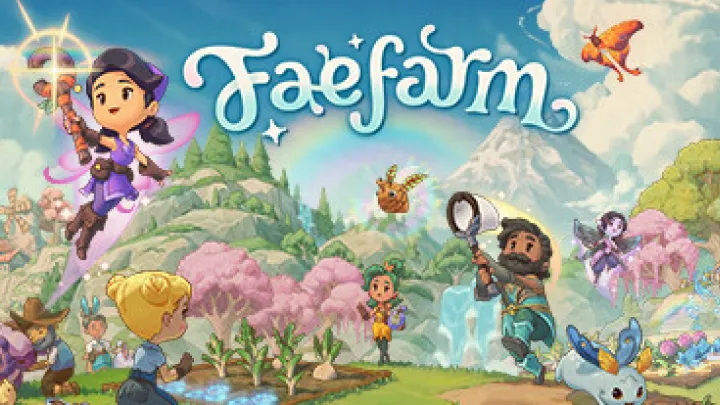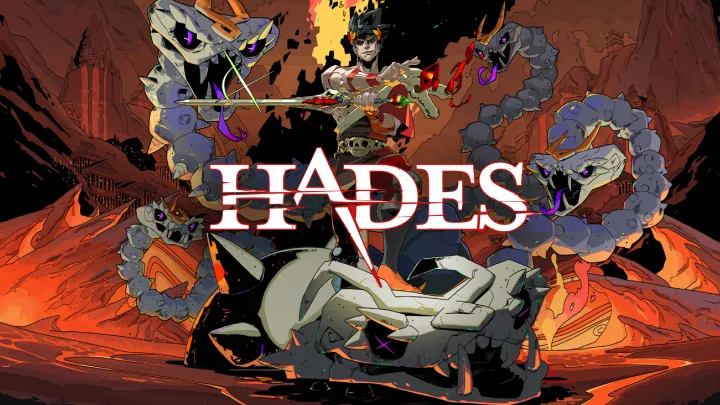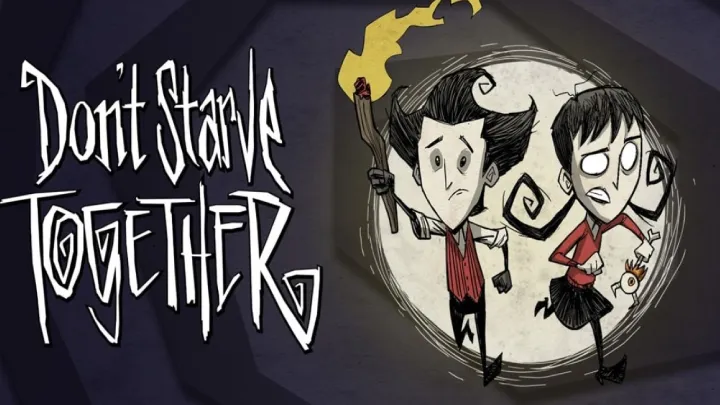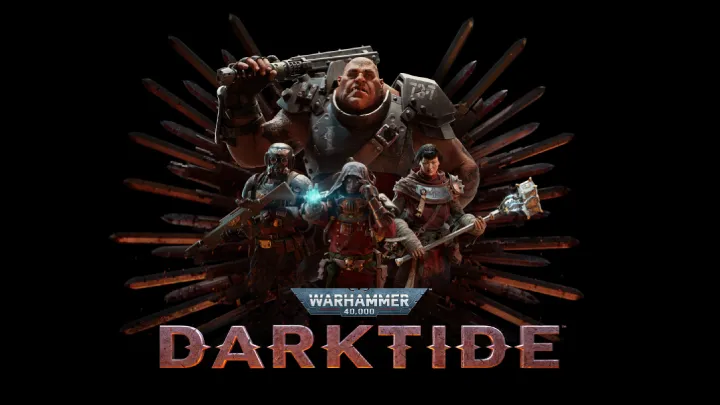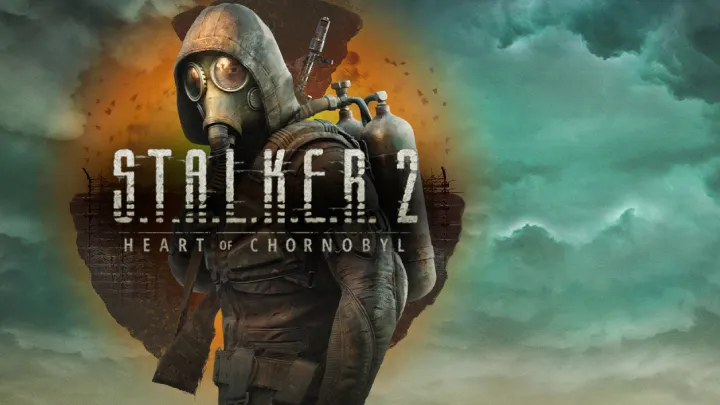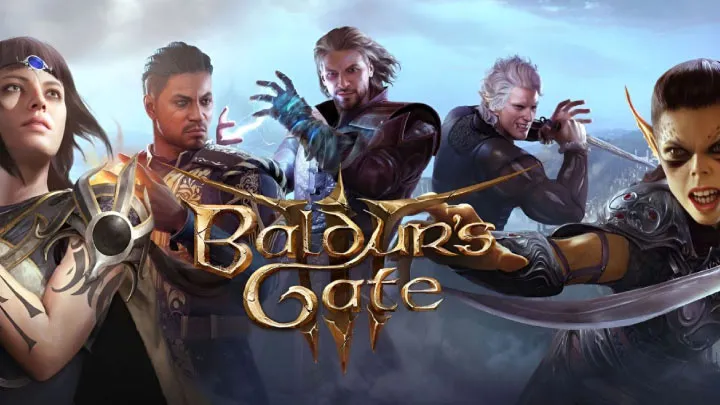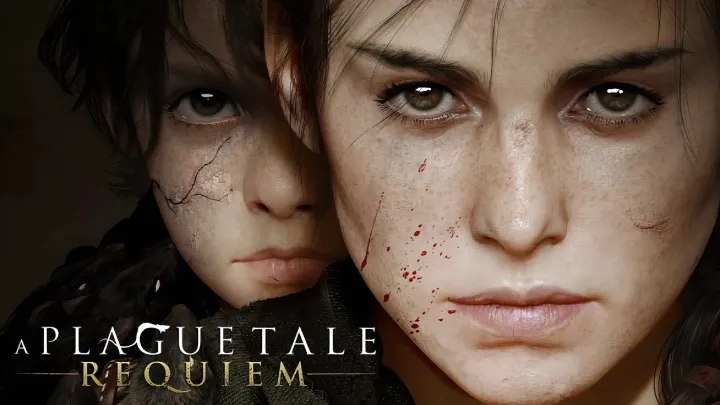
Introduction
A Plague Tale: Requiem continues the harrowing journey of Amicia and Hugo de Rune against a backdrop of war, supernatural threats, and personal tragedy. Following the acclaimed A Plague Tale: Innocence, this sequel dives deeper into themes of choice, moral ambiguity, and the consequences of one’s actions. As players navigate a beautifully realized yet brutal medieval world, they are constantly confronted with difficult decisions that challenge their ethics and impact their characters’ journeys. This article explores how A Plague Tale: Requiem presents these moral dilemmas, examining the weight of choices the characters must bear while navigating survival and familial bonds.
The Journey Begins: Contextualizing Amicia and Hugo’s Plight
Escaping Innocence
At the start of A Plague Tale: Requiem, players are reintroduced to Amicia and Hugo, who have narrowly escaped the horrors of their previous journey. However, the scars of their past—both physical and emotional—linger heavily. This continuation not only utilizes the harrowing experiences from the first game but sets the stage for new, more profound moral choices.
- Character Development: Amicia has grown from a protective sister into a determined young woman who is willing to risk everything to protect her brother. However, this responsibility comes with the burden of making ethically complex decisions in a world that seems intent on crushing them.
- Sibling Bond: The relationship between Amicia and Hugo is further complicated by Hugo’s mysterious powers and the impending threats from both the environment and other humans. This dynamic amplifies the stakes, as players are reminded that their choices affect not just their survival but the very essence of their familial connection.
By contextualizing Amicia and Hugo’s plight, the game invites players to explore the challenges of navigating a world filled with moral ambiguity, setting the stage for deeper ethical dilemmas to come.
The Introduction of New Threats
As Amicia and Hugo venture into new territories, they encounter a plethora of dangers—from merciless soldiers to terrifying plague-ridden creatures. This expansion of threats serves as a catalyst for the players’ moral choices, pushing them to confront both humanity’s darkest impulses and the inherent value of life amid despair.
- Human vs. Monster: The line between human and monster blurs as players witness acts of brutality perpetrated by both sides. Faced with lethal choices, players must determine what actions they are willing to take to protect their own. These decisions force them to confront their morals constantly, leading to reflection on the nature of humanity.
- Survival Instincts: The struggle for survival drives characters to make decisions they might not otherwise condone. This conflict serves as an essential narrative device, challenging players to question what lengths they would go to protect loved ones, even if it means crossing moral boundaries.
Through the introduction of new threats, A Plague Tale: Requiem sets the stage for players to grapple with profound ethical questions, emphasizing the moral dilemmas that arise in dire situations.
The Weight of Choices: The Concept of "Right" and "Wrong"
Navigating Morality
As Amicia moves through the world, players must make choices that significantly impact her journey. The game’s mechanics allow for a blend of stealth, combat, and resource management, reinforcing the importance of moral decision-making. Players must constantly evaluate the implications of their choices, raising questions about whether survival justifies violent actions.
- Choice and Consequence: The game cleverly divides situations into choices that impact the immediate outcome and those that reflect larger ethical considerations. For instance, deciding to sneak past guards might save lives, while choosing to confront them directly leads to brutal consequences. Each choice reflects the complexity of human morality, compelling players to weigh their actions carefully.
- Immediate vs. Long-Term Consequences: The immediate gratification of violence may feel justified in the heat of the moment, yet the long-term consequences often weigh heavily on Amicia’s conscience. This dichotomy forces players to reckon with the idea that morality is rarely black and white; instead, it exists in nuanced shades of gray.
By examining the weight of choices, A Plague Tale: Requiem challenges players to navigate a labyrinth of moral ambiguity, creating a compelling narrative experience.
Emotional Burdens
The emotional toll of choices becomes increasingly pronounced as the story unfolds. Amicia’s mental state is shaped by the decisions she makes, emphasizing the psychological consequences of moral ambiguity.
- Guilt and Regret: Each choice can lead to significant moments of regret. Whether it’s succumbing to violence in the pursuit of survival or making sacrifices for the sake of family, players see how these choices haunt Amicia. The representation of emotional burden emphasizes that morality is as much about feelings as it is about outcomes.
- Empathy and Connection: As players are forced into uncomfortable decisions, they cultivate an empathetic understanding of Amicia’s struggles. The game’s narrative design intertwines emotional stakes with gameplay choices, resulting in a deep connection to the character’s humanity.
Through this emotional lens, A Plague Tale: Requiem creates an immersive experience that encapsulates the humanity behind moral decisions.
Structural Dilemmas: Society and Systemic Issues
Worldbuilding in A Plague Tale: Requiem
The game’s world is meticulously crafted, showcasing the impacts of societal collapse. Players witness the struggles between the oppressed and the oppressors, giving players insight into systemic issues that shape moral choices.
- Oppression and Survival: The brutality of the ruling forces serves as a reflection of historical events, resonating with contemporary issues of class disparity and systemic injustices. As characters grapple with oppression, players are prompted to consider how societal structures influence personal actions.
- Cohesion and Fragmentation: The community dynamics in the game reflect how power disparities affect interpersonal relationships. Some characters are driven by their greed and thirst for power, while others exhibit compassion, revealing the moral spectrum present in a fractured society.
By highlighting societal issues, A Plague Tale: Requiem contextualizes Amicia and Hugo's journey, emphasizing that personal moral choices exist within a larger framework of systemic inequality.
The Ethics of Survival
As characters confront systemic issues, personal ethics come to the forefront. High-stakes situations compel players to grapple with the reality that survival often necessitates morally questionable actions.
- To Kill or Not to Kill: One of the most prominent dilemmas players face is whether or not to take life. The characteristics of the enemies Amicia encounters—with their human complexity—force players to consider the implications of their choices. This dilemma challenges them to think carefully about who deserves mercy and who does not.
- Sacrificing Innocents: The game introduces scenarios where choices involve the potential sacrifice of innocents. The narrative presents players with the uncomfortable reality that survival may hinge on the decisions made at the expense of others. This presents a powerful critique of systems that prioritize survival over moral integrity.
Through these ethical quandaries, A Plague Tale: Requiem invites players to evaluate their beliefs about morality, justice, and the cost of survival.
Familial Ties: The Foundation of Morality
The Bond Between Amicia and Hugo
At its heart, A Plague Tale: Requiem revolves around the bond between Amicia and Hugo. Their relationship serves as the emotional backbone of the narrative, affecting players' moral choices. As they navigate complex situations together, themes of loyalty and sacrifice become increasingly evident.
- Protective Instincts: Amicia’s desire to protect Hugo drives her actions throughout the game. Her decisions are often shaped by this umbrella of responsibility, compelling players to consider how their choices may impact the relationship. The potential for loss amplifies the stakes, leading to heart-wrenching moments that heighten emotional investment.
- Growth Through Adversity: The challenges they face force both characters to evolve. Hugo’s growing abilities contrast with Amicia’s more traditional understanding of survival and morality, creating an interesting dynamic that challenges players to think differently about the relationships that shape their choices.
The familial bond between Amicia and Hugo serves as a reminder that personal ties play a vital role in moral decision-making, shaping behavior and values amid chaos.
Sacrifice and Consequences
A recurring theme in A Plague Tale: Requiem is the notion of sacrifice. Players are constantly reminded of the lengths one might go to for family, especially as the game explores the emotional ramifications of these sacrifices.
- Tough Decisions: Frequently, players are confronted with choices that pit personal sacrifice against the common good. Should they save a family member at the potential cost of others? The emotional weight of these decisions leads to moments of heartbreak and reflection.
- Lingering Effects: The narrative demonstrates that sacrifices rarely come without consequences. Characters may experience guilt, regret, or a profound sense of loss following difficult choices that reflect the broader question of what it truly means to care for and protect loved ones.
By examining the theme of sacrifice, A Plague Tale: Requiem reinforces the idea that love and morality are intricately interwoven in the fabric of human experience.
The Impact of Fear: Psychological Warfare
Fear as a Driving Force
Fear plays a significant role in shaping decisions throughout A Plague Tale: Requiem. From environmental dangers to the moral weight of choices, fear influences both characters and gameplay alike.
- Environmental Threats: Players repeatedly confront threats, from marauding soldiers to plague-infested creatures. The omnipresence of danger creates a constant state of anxiety, shaping Amicia’s decisions and placing pressure on players to navigate their surroundings cautiously.
- Psychological Anguish: Amicia’s struggle with fear of loss manifests in her interactions with Hugo. Their dialogue often reveals vulnerabilities, reflecting the psychological toll of their circumstances. Players witness how fear propels characters to make decisions driven by desperation, allowing for greater emotional complexity.
Through the exploration of fear, A Plague Tale: Requiem captures the psychological landscape of survival and the toll it takes on personal morality.
Managing Anxiety and Decision-Making
The game engages players in a way that highlights how fear impacts decision-making. Players must navigate not only tangible threats but also the emotional consequences of their choices, adding complexity to the gameplay experience.
- Calibrating Risk: Players must balance their instincts while managing threats, carefully evaluating risk versus reward. This constant negotiation forces them to reconsider their decisions continuously, creating a tension-filled atmosphere.
- The Cost of Decisions: Characters grapple with anxiety about the consequences of their choices. The emotional stakes rise as players consider how fear can lead to hasty decisions that muddle their moral compass.
In examining the role of fear, A Plague Tale: Requiem masterfully illustrates how psychological pressures shape choices and define moral ambiguity in high-stakes situations.
Conclusion: The Complexity of Choice in A Plague Tale: Requiem
A Plague Tale: Requiem masterfully weaves together themes of moral ambiguity and the complexity of choice through the lens of Amicia and Hugo’s journey. As players navigate a world fraught with danger, the game explores profound issues of identity, family loyalty, sacrifice, and the human condition, all while maintaining a rich narrative flow.
The choices players face not only dictate the fate of the characters but also invite players to reflect on their moral frameworks. Through the character-driven story coupled with the gripping ambiance of the game, A Plague Tale: Requiem challenges players to confront their ethics and embrace the complexity of human relationships within a brutal environment.
By examining these layers of morality, sacrifice, and compassion, A Plague Tale: Requiem succeeds in providing a compelling commentary on the nature of humanity and the choices that define us. It presents a poignant reminder that in a world filled with uncertainty, our decisions—both small and large—reflect our deepest values and beliefs.
